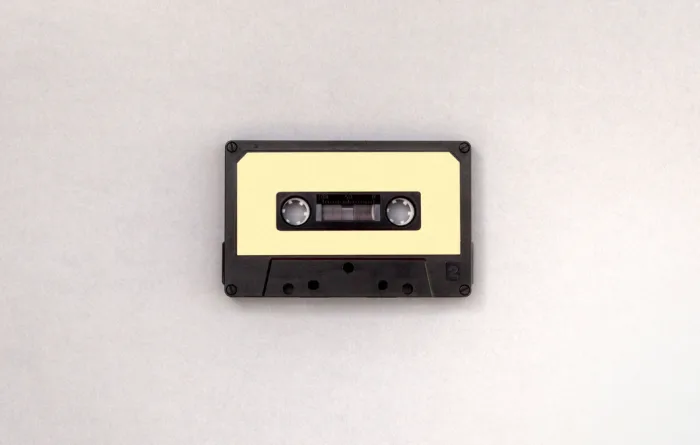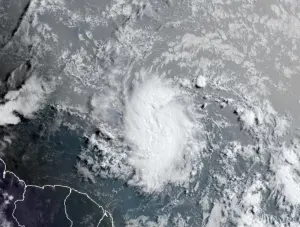
Woman and her mix tape reunited after 20 years apart
A woman and her mixtape have been reunited after more than two decades apart.
In the 1990s Stella Wedell was 12 years old and vacationing in Empuriabrava, Spain and on the Spanish island of Mallorca when she lost her cassette which featured singles from Shaggy and Bob Marley and the Wailers.
Years later, she happened to be at an art exhibit in Stockholm, Sweden, when she saw her tape on display.
It had washed ashore a beach on Fuerteventura, a Spanish island off the coast of Africa, nearly 2000 km from where it was lost and was retrieved by British photographer Mandy Barker, who documents plastic pollution.
Barker had the tape professionally restored. She included the tracklisting alongside the tape in her travel exhibition "Sea of Artifacts."
Wedell emailed Barker, who then contacted marine litter experts at the University of Plymouth to see if the tape could have travelled that far.
"This is an amazing story and another example of the problem of plastic pollution. It is very difficult to say exactly how long the tape has been in the sea, but the fact it has survived intact shows the durability of plastic and the threat it can pose to the marine environment," Richard Thompson, head of the international marine litter research unit at the University of Plymouth, said in a statement.
"Through our research, we know that microplastics are abundant everywhere from Arctic ice to the deep seas. One of their main causes is being broken down from larger items, which is why we all need to think about the plastic we use and how we dispose of it."
THE PLASTIC PROBLEM
While plastic is an integral part of modern society, this "miracle material" has a downside. It's estimated that 1 billion tonnes of plastic have been discarded since the 1950s and research suggests it will take up to 500 years for some forms to biodegrade.
A 2016 report warns an estimated 8 million tonnes of plastic leaks into the ocean every minute, a number that's expected to double by 2050 if no action is taken.
If the situation continues unmitigated, there could be more plastic than fish in the ocean in thirty years, according to the report.
Thumbnail image courtesy: Unsplash.










